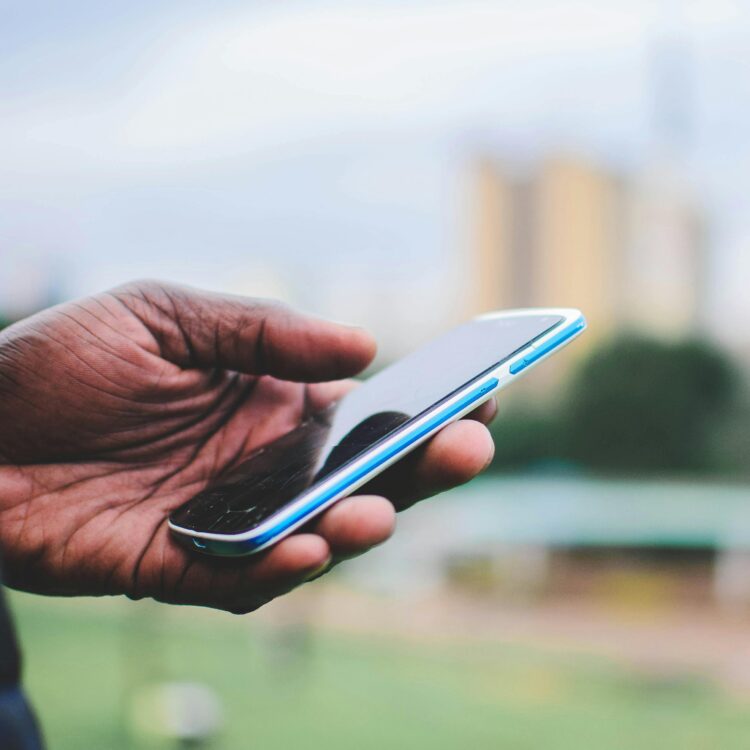‘Black Diary 1887’ expands to D.C. with GPS walking tours
Share
Explore Our Galleries
Breaking News!
Today's news and culture by Black and other reporters in the Black and mainstream media.
Ways to Support ABHM?
Yolanda Young and Thomas Bowen, The Afro
Black Diary 1887, the revolutionary, GPS-enabled mobile app reimagining cultural tourism through a Black lens, is officially launching its Washington, D.C. edition.

Originally launched in Paris, with nearly 1,000 entries featuring people, places and events, Black Diary 1887 is now available in 30 U.S. cities, with the D.C. edition offering users immersive self-guided tours through neighborhoods like Shaw, Columbia Heights, Bloomingdale and Anacostia. The app highlights Go-Go music sites, African embassies, Black-owned businesses, historic landmarks and spaces of cultural resistance and celebration—rooted in the stories of the African Diaspora.
“Too often, Black cultural contributions are overlooked or fragmented. Black Diary 1887 brings those narratives together into one rich, accessible platform,” says founder Yolanda Young, a D.C. -based journalist, lawyer and activist.
Black Diary 1887 is completely free to download and use, and the company hopes to sustain this accessibility through a combination of sponsorships and a “pay what you can” model—ensuring the app remains open and inclusive for all users.
[…]
Over the course of four years, Yolanda Young meticulously gathered research and spent another six months collaborating with developers to transform what began as an audio picture book into a fully interactive mobile app. During her research, she uncovered that Frederick Douglass had kept a travel diary while in Paris in 1887—a discovery that inspired the app’s name, Black Diary 1887. When launched on Kickstarter, the project quickly resonated with supporters, reaching its $10,000 funding goal in just 10 days—an achievement that outpaces 65 percent of all campaigns and signals a powerful public appetite for inclusive, tech-forward explorations of culture and history.
Learn more about the “Black Diary 1887” app.
Not so long ago, Green Books were a necessary tool for Black people to ensure their safety while traveling.
For more culturally relevant articles, visit our Breaking News page.









Comments Are Welcome
Note: We moderate submissions in order to create a space for meaningful dialogue, a space where museum visitors – adults and youth –– can exchange informed, thoughtful, and relevant comments that add value to our exhibits.
Racial slurs, personal attacks, obscenity, profanity, and SHOUTING do not meet the above standard. Such comments are posted in the exhibit Hateful Speech. Commercial promotions, impersonations, and incoherent comments likewise fail to meet our goals, so will not be posted. Submissions longer than 120 words will be shortened.
See our full Comments Policy here.